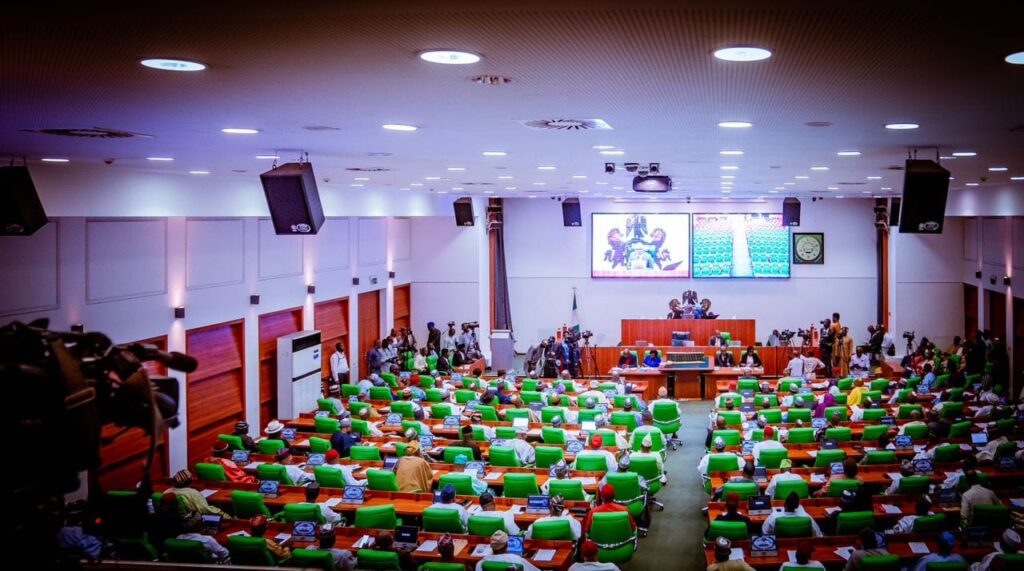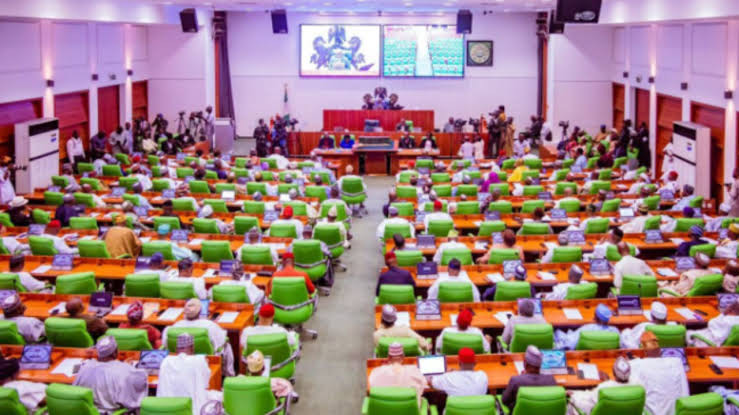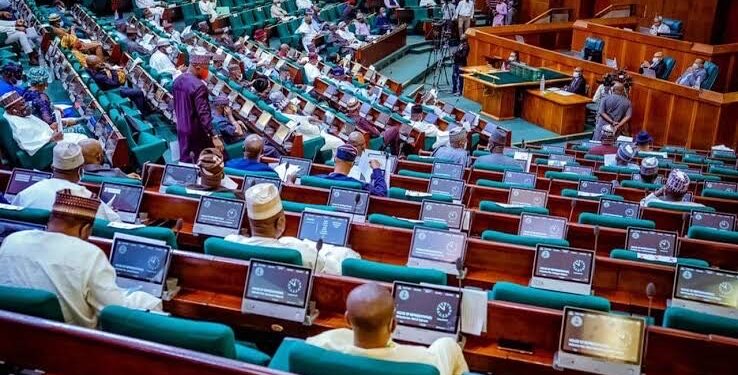By: Nwakaji Peace Martins
The House of Representatives is proposing the establishment of no less than 211 new universities, polytechnics, colleges of education, and mono-technics nationwide.The private member bills for the establishment of these tertiary institutions, most of which are currently pending a second reading, were introduced in the House between July 5, 2023, and March 20, 2024, before the parliament adjourned for its last break.
A detailed breakdown indicates that the proposed legislation aims to create 53 new federal universities, while 158 bills are focused on establishing polytechnics, colleges of education, colleges of agriculture, and other monotechnics.Upon investigation, it was discovered that while most members have presented one bill for the establishment of a tertiary institution in their constituencies, some, including the Speaker, Tajudeen Abbas, and his deputy, Benjamin Kalu, have introduced two or more proposals for schools within and outside their constituencies.For example, the speaker, representing Zaria Federal Constituency of Kaduna State, has introduced bills for the establishment of the Federal University of Technology in Kaduna and the Federal University of Technology in Lagos.

Similarly, Kalu, representing Bende Federal Constituency of Abia State, is advocating for the creation of the Federal University of Medical and Health Sciences in Bende, Abia State; Federal College of Education in Bende, Abia State; and Federal University of Agriculture in Mpu, Enugu State, among others.Currently, there are 52 federal universities, 40 federal polytechnics, 27 federal colleges of education, and 17 federal colleges of agriculture across the country, in addition to several monotechnics.If the bills are approved by the Green chamber, receive the Senate’s concurrence, and obtain President Bola Tinubu’s assent, the number of federal universities will increase to 105.

The Academic Staff Union of Universities (ASUU) has consistently opposed the establishment of new universities, citing concerns that existing institutions are inadequately funded.However, the Chairman of the House Committee on Media and Public Affairs, Akin Rotimi Jnr, informed Daily Sun that it is individual members, not the House as a whole, who are advocating for the establishment of new tertiary institutions in their constituencies.Rotimi emphasized that lawmakers have the right to sponsor bills for tertiary institutions, and the parliament will review the proposals and make decisions accordingly.He noted that despite the government’s efforts to streamline agencies, there are regions in the country that urgently require educational institutions.
“It is not the House proposing these bills; it is the individual members advocating for what they believe is in the best interest of their constituencies and constituents. They must present their arguments and rationale for prioritizing these initiatives.”There is a need to balance cost-saving measures and the provision of essential services. Many areas lack medical and educational facilities, and these proposals often stem from long-standing demands within these communities. It is up to the House, collectively, to decide on the way forward.”


































